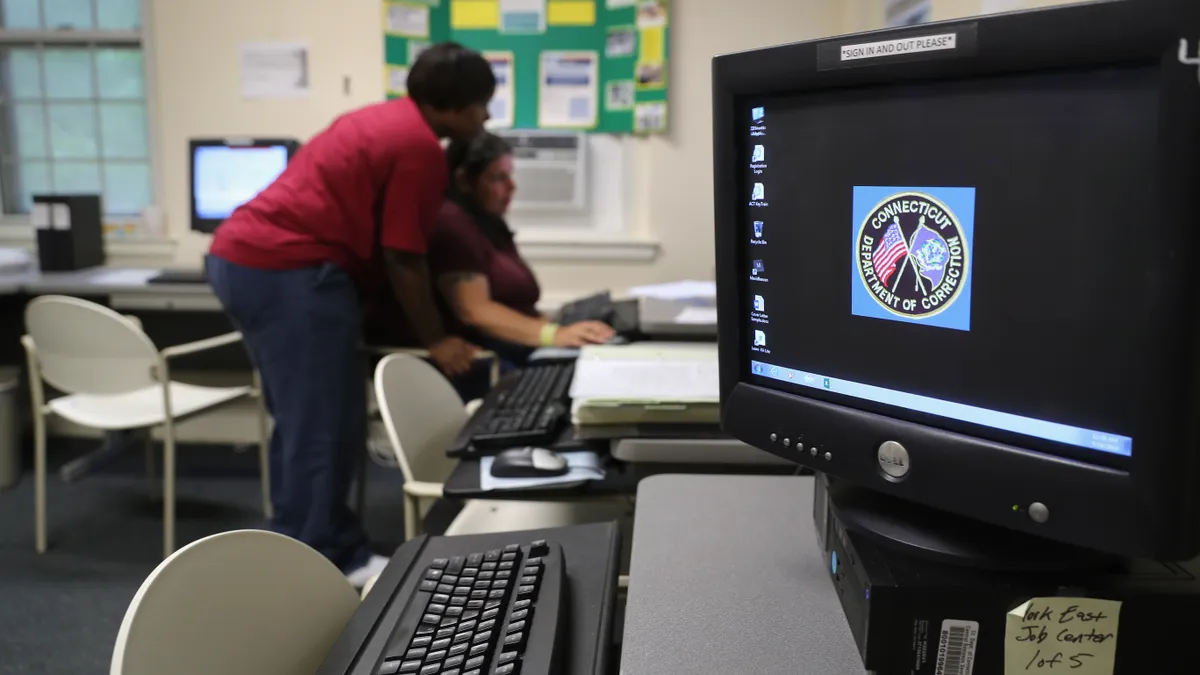The pursuit of employee soft skills is a popular topic at HR Dive, mainly because it’s something that many human resource and recruitment professionals are concerned with. In the search for quality talent, soft skills stand out as the most wanted traits.
Soft skills, such as time management, flexibility, and the ability to work well with others have always been at the top of the list of desired candidate qualities. So much so that not only are companies looking for candidates who possess these soft skills, but they are spending a great deal of time and money teaching this in employee learning and development programs – all in the hopes of creating a more engaged workforce.
Are HR pros too hung up on soft skills that we are missing the golden opportunity to find out what employees need from their on-the-job training experiences? Maybe there are other skills that we need to focus on to create better work teams?
Soft skills are at the top of the list in candidate selection
Jared Buckley, millennials skills coach and author who contributes to Huffington Post, writes that, “Employers and businesses are looking for people with character and the ability to function proficiently from a soft skill set.” He shares the CareerBuilder survey that indicates 77% of employers evaluate soft skills as an essential part of the recruitment process, rating them as equal to hard (technical) skills. Soft skills like personality fit, character, and interpersonal relationships are viewed as more important than hard skills by 16% of employers.
All of this is nice, but in reality, it’s very hard to prove how soft skills actually contribute to the goals of the company. Soft skills can support a positive work culture, but do they create more revenues? Experts believe that soft skills can enhance leadership development, which is great for succession planning. But what do employees think about this focus on soft skills?
Getting feedback from employees matters
HR Dive talked with Michael Papay, CEO of Waggl, a technology platform that surfaces and distills real-time insights from employees, about the results of the recent “Voice of the Workplace” pulse survey. The survey revealed that only around one-third of employers are confident that their current employee training programs are meeting development needs.
“While most organizations have training programs in place, they aren’t always getting enough feedback on the effectiveness to make updates in real time, given the pace of rapid change in the workplace,” Papay said, reflecting on a common issue he sees with clients.
Employees are expected to be adaptable, especially in agile environments, but many employers just don’t take the time to gather feedback on learning and development programs. Instead, they expect employees to bring certain soft skills with them through previous career experiences and peer interactions. If there are training programs in place, they often focus on soft skills that are valuable to the corporate culture, but not practical to the day-to-day experiences of employees.
Making the most of employer learning and development
What can companies to do ensure that their workforce is getting what they need from learning and development programs?
“Recruiting may still be the hot button right now, but once talent is secured, engagement and training are essential to building the type of team culture that can effectively execute on strategic goals – especially in our current business climate, which is rife with constant change and disruption,” Papay said. "Of course, all of these areas of focus are interdependent, so it’s critical to develop them all simultaneously."
Companies that take the time to ask for this valuable feedback benefit in many ways, Papay advised HR Dive that, “Progressive companies are relying on crowdsourced feedback for decision making because it’s more inclusive, and more agile.” Additionally, Papay said, “Companies that do have effective training programs in place are better able to retain talent, which ultimately cuts down on the churn and disruption, and eliminates the need to constantly recruit for new talent.”
Thinking differently about soft skills
Elad Levinson, senior adviser at 4128 Associates who contributes to the Association for Talent Development blog says to stop focusing on the same soft skills, which he says, “implies expendability of employees”. He challenges HR to start thinking about employee development and valuable traits in terms of those that are based on human skills that help people connect to one another on a higher level.
Without this connection, through a shared learning and development experience, employees will continue to struggle relating to and working with their peers. This is of particular concern with millennials who tend to communicate in less personal ways, by using mobile devices to send text messages and social media posts. Corporate training needs to have a balance between soft skills development, technical skills, and regular feedback to adapt training to meet the needs of employees. Tools like Waggl provide a more human-based solution to making sure that employees are getting the right training and feel supported during the process.



















